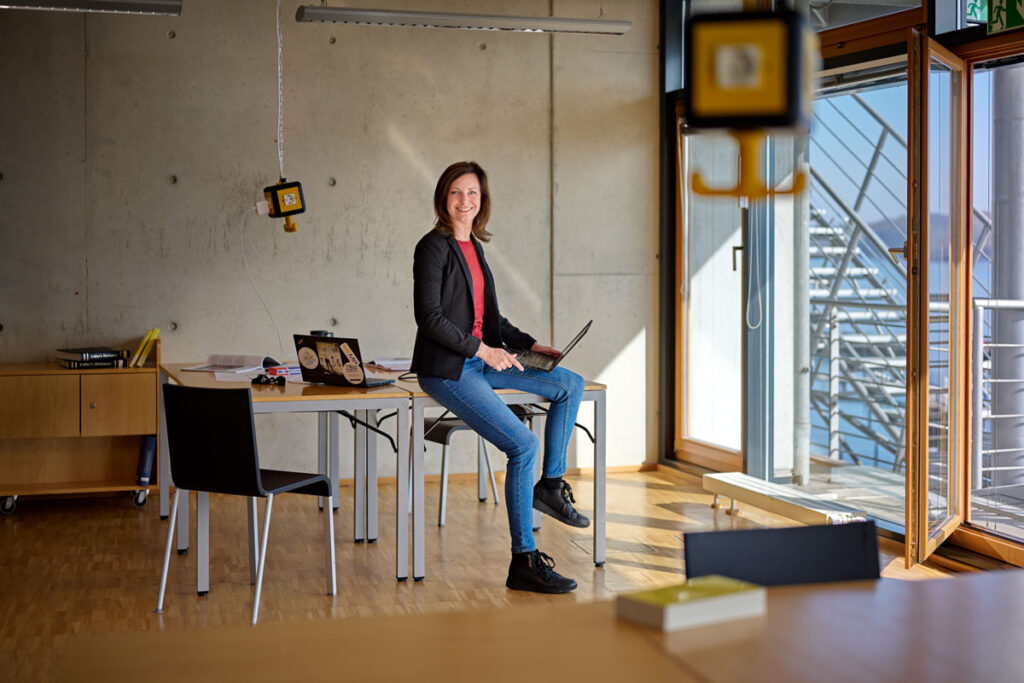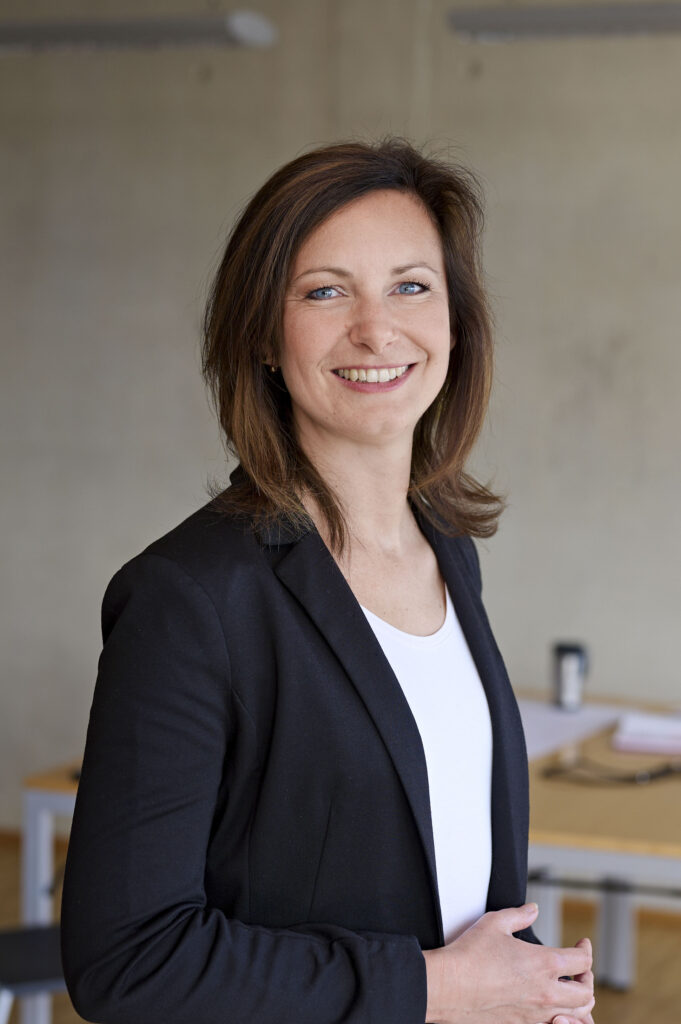← All Research Groups
Web Science
Studying the impact and relevance of scientific publications
The research group “Web Science” is headed by Professor Isabella Peters who also holds a chair at the Faculty of Engineering at Kiel University. Her domain analyses user behaviour in digital and web-based information landscapes, including social media and complex information infrastructures.
The aim is to gain insights into the users and their use of digital platforms, including the relevance and use of research results, factors influencing the perception of research or conditions for success in the transformation of the science system to Open Science. These findings feed into the user-oriented development of ZBW services such as EconBiz, inform activities in science policy, for example with regard to new practices of research assessment against the backdrop of Open Science, or address pure research, for example in the area of scientific disinformation.
The research group “Web Science” is characterised by a high degree of interdisciplinarity and its use of mixed-methods studies to get to the bottom of usage phenomena, describe them in detail, and make them productive for Open Science and information infrastrutures.

Studying the impact and relevance of scientific publications
The research group “Web Science” currently studies new approaches and indicators for measuring the relevance and impact of scientific publications and research data, both within and outside the scholarly community. The research group consists of information scientists, computer scientists, and psychologists. It studies bibliometric indicators and alternative metrics (altmetrics) to enable a better assessment of research findings. The team also researches the significance and impact of open science and the accessibility of research findings, for example on scholarly assessment critera or on society and media coverage.
The group also studies the use of typical characteristics of scientific publications which are applied fraudulently to make fake information more believable. A deeper understanding of the signal effect of “science” is needed to recognise scientific misinformation and fake news and to curb their dissemination.
The research of the Web Science team is in accord with the aims and wishes of society: new methods of assessing scientific publications can improve the quality and reliability of research findings. Results from studies into Open Science improve access to science and foster the free exchange of knowledge. The study of, and the fight against, scientific misinformation increase trust in science and protect against misleading contents. The analysis of data practices also optimises the handling of research data, supports their traceability, and increases the efficacy of scholarly work. Research in the area of “Web Science” thus contributes to improving the quality and assessibility of scientific findings and raising public trust in science.
DID YOU KNOW?
People are easily deceived by an article’s design. If articles are made to look scientific by the use of formulae, tables and bar charts, the findings on presentation appear more trustworthy, and the perceived scientific value of the article is higher as if only photos or plain images had been used for illustration. This is true for both scientists and lay people, by the way.

Foto: Timo Wilke
“In my research in the field of Web Science I am fascinated by the chance of studying and understanding the manifold and dynamic interactions within the digital world. By analysing and evaluating the large amount of information circulating on the web, we can contribute to make it more accessible, more trustworthy, and more usable. Thus we enable sound decision-making and support the continuous evolvement of science and society.”
Professor Isabella Peters
Head of research group “Web Science”
Open Science AT ZBW
Research groups and their current topical focus
Digital Information Infrastructures
Transparency and openness: new infrastructures for digital resources in research
Information Profiling and Retrieval
Language models and knowledge graphs are the focus of ZBW research
Web Science
Studying the impact and relevance of scientific publications
Digital Economics
Science about science: studying research texts and processes
Engagement
Science policy consulting at the ZBW
The developments associated with Open Science take place at many levels of the science system. As a Leibniz institution, it is a matter of concern for the ZBW to see its own experiences and research results inform the debate in science policy bodies at the national, European and international level.
vision
Future
Lorem ipsum dolor sit amet, consetetur sadipscing elitr, sed diam nonumy eirmod tempor invidunt ut labore et dolore magna aliquyam erat, sed diam voluptua. At vero eos et accusam et justo duo dolores et ea rebum. Stet clita kasd gubergren, no sea takimata sanctus est Lorem ipsum dolor sit amet. Lorem ipsum dolor sit amet, consetetur sadipscing elitr, sed diam nonumy eirmod tempor invidunt ut labore et dolore magna aliquyam erat, sed diam voluptua.
